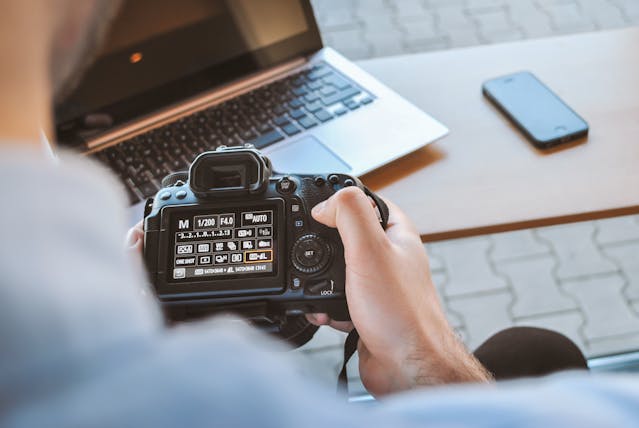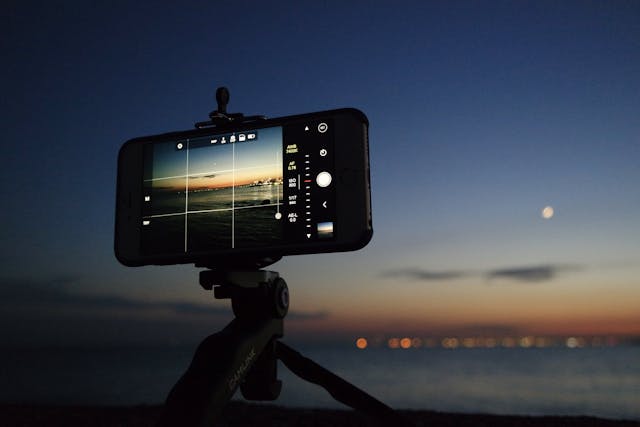How AI is Transforming Photo Editing and Image Enhancement
Artificial intelligence (AI) is revolutionizing photography, turning tasks that once required hours of manual work into quick, automated processes. From professional studios to smartphone apps, AI-powered tools are making photo editing and image enhancement faster, smarter, and more accessible than ever before.

AI-Powered Retouching
Traditional retouching—removing blemishes, adjusting skin tones, or enhancing features—can be time-consuming. AI algorithms now handle these tasks automatically, analyzing facial features and lighting conditions to make natural adjustments. Tools like these allow photographers and designers to focus more on creativity and less on repetitive edits.
Smart Background Removal and Object Isolation
AI can accurately detect subjects and separate them from backgrounds, making complex edits effortless. Whether for e-commerce product photos, marketing materials, or social media content, background removal used to take minutes per image—but AI can do it in seconds, maintaining precision and detail.
Image Enhancement and Upscaling
Low-resolution or poorly lit images are no longer a dead end. AI enhances clarity, sharpness, and color balance, while upscaling algorithms increase resolution without compromising quality. This is especially useful for restoring old photos, creating high-quality prints, or preparing images for professional portfolios.
Automated Style Transfers and Filters
AI allows photographers to apply artistic styles or cinematic effects to images automatically. Whether turning a photo into a painting, applying film-like color grading, or matching a specific aesthetic, AI streamlines creative workflows while preserving the image’s natural feel.
Real-Time Editing on Smartphones
Mobile photography has also benefited from AI. Modern smartphones use AI for real-time adjustments—optimizing lighting, reducing noise, and enhancing portraits on the fly. Users can capture stunning images without advanced technical knowledge, making high-quality photography accessible to everyone.
Challenges and Considerations
Despite its advantages, AI in photo editing raises questions:
- Authenticity: Over-reliance on AI can produce unrealistic or over-processed results.
- Ethics: Editing photos of people, especially without consent, can raise ethical concerns.
- Skill Gap: While AI automates tasks, understanding fundamentals of composition, lighting, and color remains essential for professional-quality results.

Final Thoughts
AI is transforming photo editing from a labor-intensive process into an efficient, creative, and accessible endeavor. By automating repetitive tasks, enhancing image quality, and expanding artistic possibilities, AI empowers photographers, designers, and casual users alike. The future of image editing lies in the collaboration between human creativity and intelligent algorithms, producing results that were once unimaginable.












